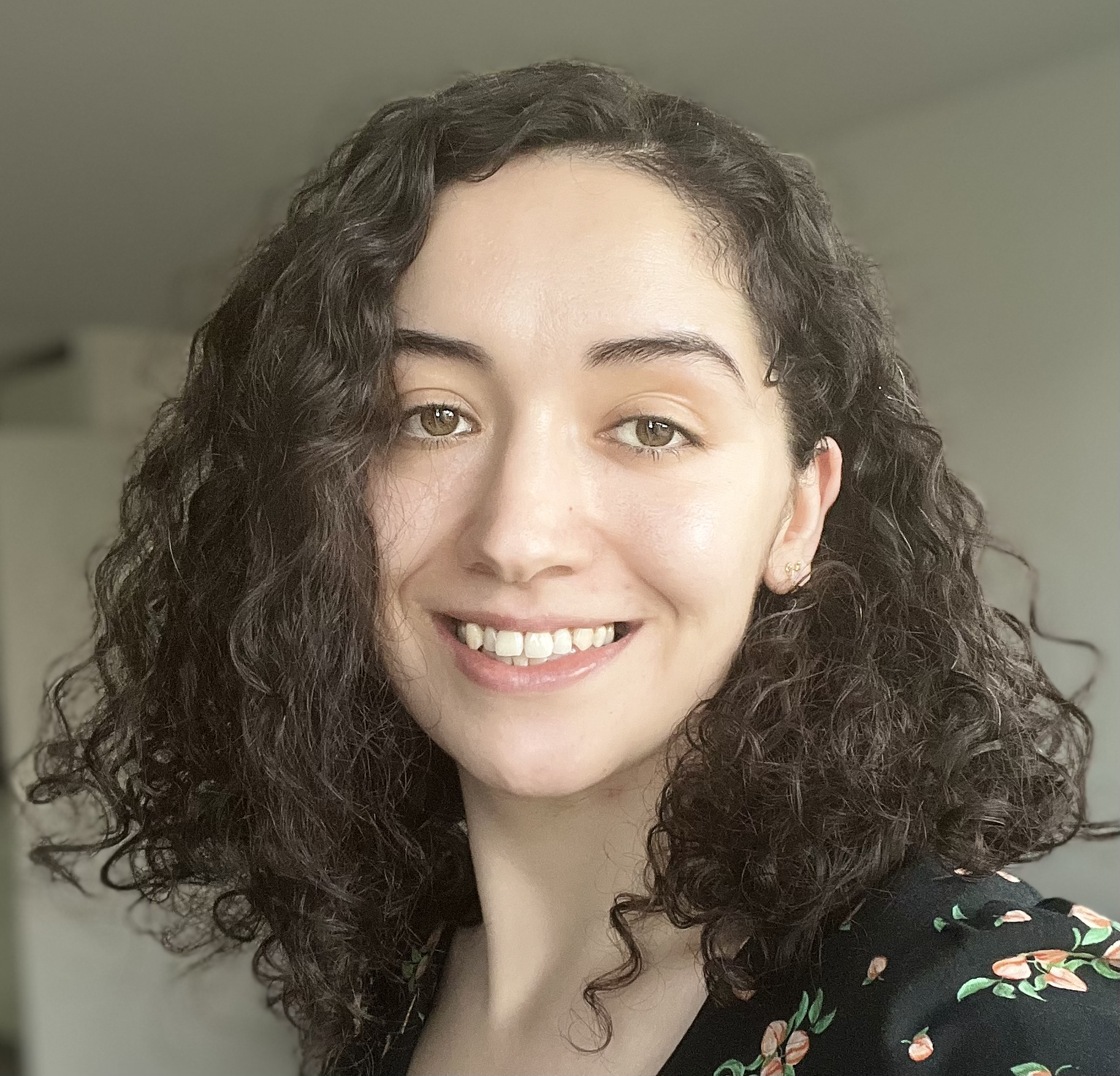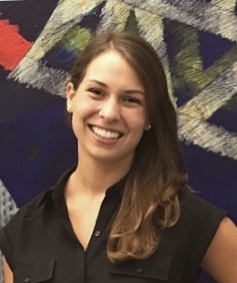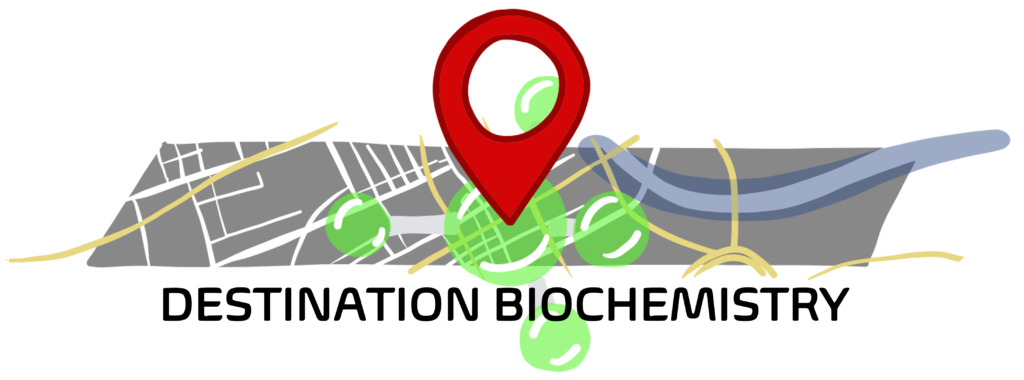Yasemin Baris and Savannah Pollenz have become the most recent cohort of Destination Biochemistry postdoctoral scholars. Baris—the Danzo scholar—joined the lab of David Cortez, professor of biochemistry, in the fall of 2023. Pollenz—the Cohen scholar—will join the lab of James Dewar, assistant professor of biochemistry, in this fall.
“The promise that incoming Destination Biochemistry postdocs Yasemin and Savannah show honors the memories of Stanley Cohen and Benjamin Danzo,” said Martin Egli, professor of biochemistry and chair of the department’s awards committee. “We wish them the best.”
Baris and Pollenz both chose Vanderbilt primarily because of their PIs and because of the strength of the DNA replication and DNA repair community at Vanderbilt. “I was extremely impressed by how collaborative and collegial everyone was when I came to Vanderbilt for my interview,” Pollenz said.
Yasemin Baris

In the Cortez lab, Baris will investigate the mechanisms of DNA replication fork reversal, the complex remodeling of replication forks spurred by a variety of impediments that hinder the movement of replication machinery and cause replication stress. This process requires the coordinated action of multiple fork reversal factors through a mechanism that remains poorly understood. In a recent Science paper, the Cortez lab described a model for how RAD51-dependent fork reversal happens in cells, and Baris aims to investigate the details of this process.
Her dissertation research focused on understanding how the human DNA replication machinery effectively copies our genome. Given Baris’ interest in understanding how the DNA replication machinery ensures complete replication in the face of challenging conditions, the Cortez lab was a perfect fit.
“I am pleased that my Ph.D. work has been recognized by Vanderbilt University,” said Baris. “I look forward to contributing to the outstanding science carried out at Vanderbilt.”
Baris grew up in Turkey where she earned a bachelor’s degree in molecular biology and genetics from Boğaziçi University in Istanbul and a master’s degree at Bilkent University in Ankara. Baris moved to Cambridge, England, to obtain a Ph.D. through work performed at the Medical Research Council Laboratory of Molecular Biology and the University of Cambridge.
Following postdoctoral training, Baris aims to lead a research group. “The process of developing my ideas, testing them, and sharing insights with colleagues and the community within a research environment has brought me immense joy and satisfaction,” Baris said. “I firmly believe that the pursuit of one’s passion is key to achieving fulfillment and success in life. In my case, active engagement in research serves as the cornerstone of this belief.”
Savannah Pollenz

Pollenz will arrive at Vanderbilt in November to study the protein mechanisms involved in replication fork restart using Xenopus laevis (frog) egg extracts, along with biophysical and biochemical approaches. Ultimately, she seeks to become an independent investigator who uses a multi-disciplinary approach to understand how proteins perform their faithful functions in genomic maintenance.
Pollenz, a North Carolina native, obtained a bachelor’s degree in chemistry from the University of North Carolina at Chapel Hill. In 2018 she began a Ph.D. in biomedical sciences with a concentration in biochemistry and molecular biology at the University of Florida College of Medicine. Pollenz, who will defend her dissertation in May and graduate in August of this year, studies the protein-protein interactions and enzyme mechanisms of two helicases found in Escherichia coli using a variety of biochemical, molecular biology, and single-molecule techniques. She conducts this research in the lab of Linda Bloom, professor and associate chair of biochemistry and molecular biology at UF. In studying these E. coli helicases, Pollenz hopes to shed light on how the homologous human helicases contribute to human health.
Destination Biochemistry Postdoctoral Scholars
To help drive postdoc recruitment and celebrate postdoc success, the department launched the Destination Biochemistry Postdoctoral Scholars and the Destination Biochemistry Advanced Postdoctoral Scholars programs in 2022. The programs are designed to attract outstanding postdocs to department laboratories and to support late-stage postdocs as they transition into an independent investigator position.
Three early-stage scholars may be appointed per year as Destination Biochemistry Postdoctoral Scholars, named in honor of former faculty members Stanley Cohen and Benjamin Danzo. Cohen, a professor of biochemistry for 40 years, made fundamental discoveries about growth factor signaling and was awarded the Nobel Prize in Physiology or Medicine in 1986, along with former colleague Rita Levi-Montalcini. Danzo joined Vanderbilt as a postdoctoral trainee in 1971, started his own laboratory, and taught biochemistry for 33 years.
Other early-stage fellows looking to join the department have three annual submission deadlines they can plan for: Feb. 15, June 1, and Oct. 1. Applicants should have outstanding records of accomplishment in their graduate studies and should have received their Ph.D. degree no more than six months prior to their application. Appointed scholars receive competitive stipends, benefits, and an $8,000 supplement for two years. These scholars are also eligible for a Destination Biochemistry Advanced Postdoctoral Scholars award to facilitate their transition to an independent position.
In addition to the financial benefits, appointed scholars are nominated for positions on institutional training grants and external fellowships and have a mentoring committee of at least three faculty members. Like all other biomedical postdocs at Vanderbilt, they also benefit from the many career development activities and other resources from the Office of Biomedical Research Education and Training.
For a full program description and instructions on how to apply, please visit the Department of Biochemistry website.
